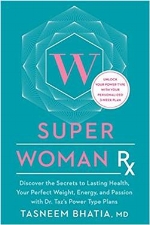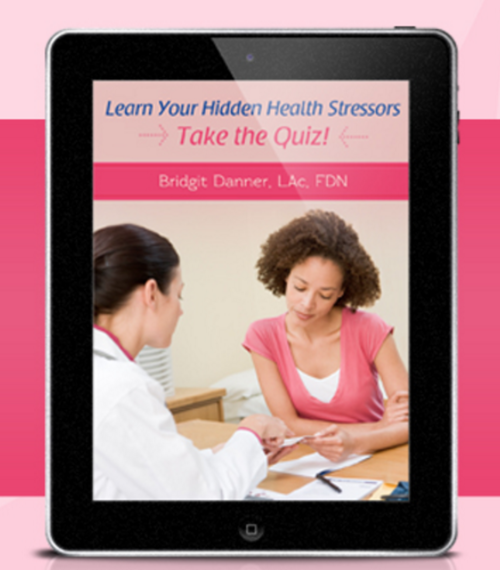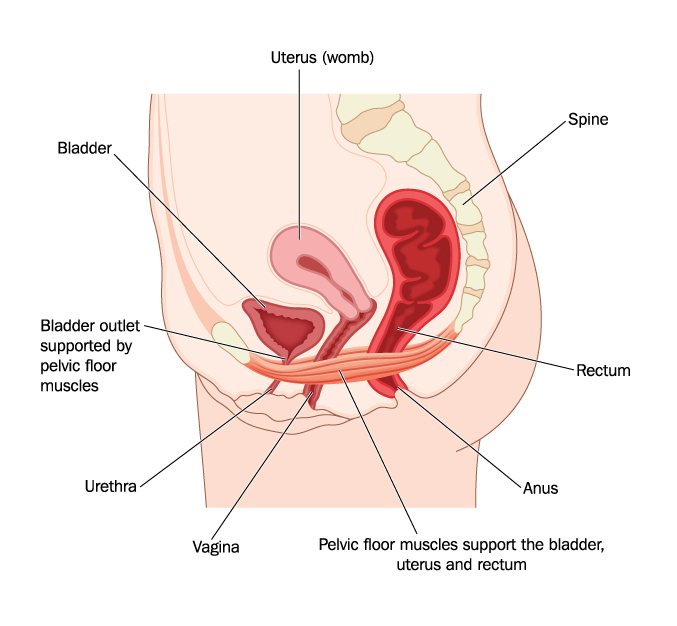It’s summer and it’s hot! And hot weather can flame your internal heat, causing irritating symptoms.
Sometimes just the outdoor heat alone is enough to flare your temper. Try getting stuck in a summer traffic jam with no AC in your car and two whining kids in the backseat. You have to have some serious zen to stay ‘cool’ and calm.
If you have excessive internal heat already, summertime can mean a flare up of ‘hot’ symptoms like:
Things like:
Can cause this excess heat.
Let’s look at how you can use the traditional wisdom of eating with the seasons to cool your heat and get your feeling more balanced this summer.
Many of us now live in heated and cooled homes, with a supermarket within short distance. But it wasn’t so long ago that we lived in caves and huts, hunting, farming and foraging for food.
In those days, living within the natural rhythms of the season came, well, naturally. Observing the gifts of each season was the framework in which the early traditions of medicine were born.
In Chinese medicine, five seasons were observed, and the five elements of water, earth, fire, wind and metal pair with the five seasons.
You may be wondering, “wait, what is this other season?” It’s late summer, and it corresponds with the Earth element. This does not being until late August. As I write this in late July, we are still in ‘regular summer,’ with the element of Fire dominating.
In Ayurvedic medicine, which originated in India, there are five elements as well and three seasons. These three seasons represent harvest seasons, with Spring being a lean time without a harvest. The three seasons also match the three doshas (constitutional types). The three seasons of Ayurveda represent two elements interacting; in the case of summer they are fire and water.
Summer, according to Ayurveda, is dominated by Pitta dosha- that hot, irritable, competitive and inflamed type. But I shouldn’t cast Pitta in too negative a light. We all need the fiery nature of Pitta to drive us forward, to digest our food, to energize us.
Ayurveda teaches that heat needs to be cooled with water, but not only plain water, also other cooling, watery things can tame heat.
Here are some foods that can cool you in summer:
You’ll also want to avoid these foods:
Fried foods
Heavy, greasy meats
Dairy products
Spicy foods
Eat a lighter diet in the summer, with salads and steamed foods predominating. Don’t overeat in the summertime, as this can lead to indigestion.
Chinese medicine has some similar ways to look at controlling heat. Again water tames fire, but note that wood feeds fire. If you have summertime symptoms, you do not want to feed your fire!
Wood has to do with spring season and the body system of your liver.
What foods burden your liver?
To avoid caffeine but still have a pleasant summertime drink, try:
Keep a pitcher of iced lemon water in the the fridge
Try chrysanthemum tea, from the Chinese tradition (more information)
Try a Pitta balancing tea, like this one I found online, with hibiscus and shatavari (an herb that is great for women’s health too!)
We have a special podcast, courtesy of Cate Stillman from the Yoga Healer podcast, featuring Cate’s Ayurvedic expertise on summertime, as well of that of her guests Dr. John Doulliard and Kate O’Donnell. Check it out here!
Do you have any tips on keeping cool with diet in the summertime? We’d love to hear them!
















































